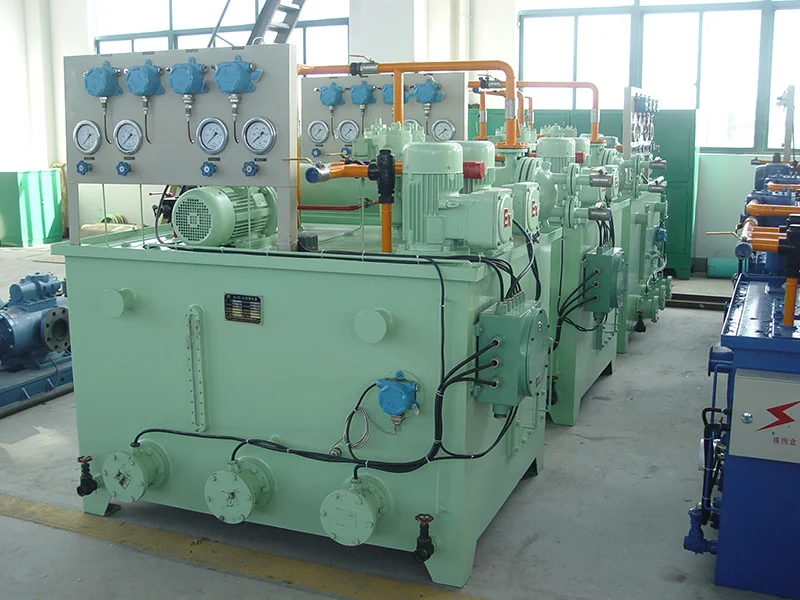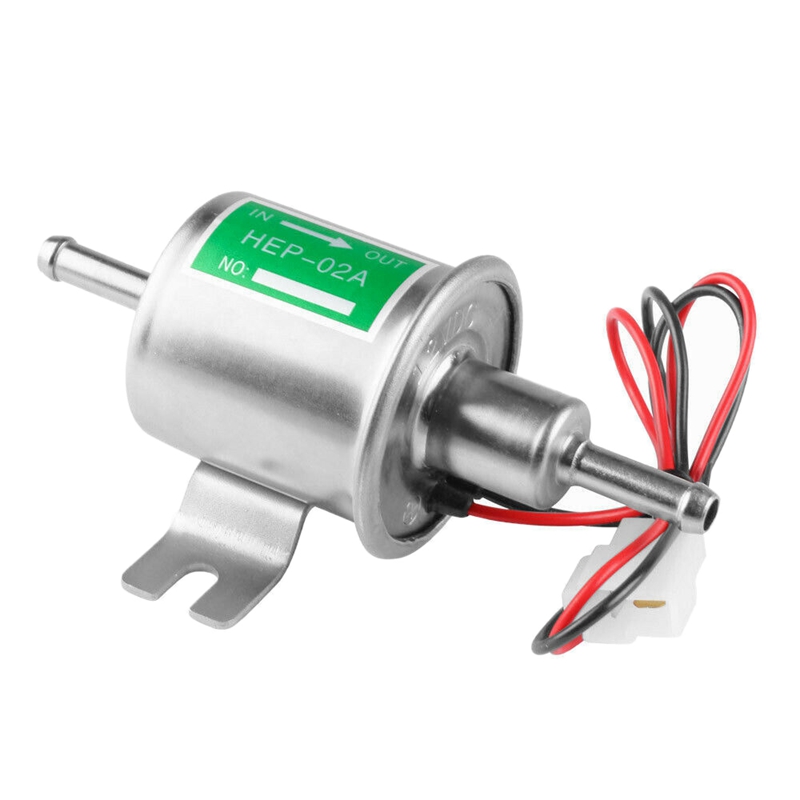In the realm of automotive engineering, the fuel pump plays a crucial role in ensuring the efficient and uninterrupted flow of fuel to the engine. Understanding how a fuel pump works is essential for both car enthusiasts and professionals in the industry. In this comprehensive guide, we will delve into the intricate mechanisms and processes behind this vital component, shedding light on its functionality, types, and maintenance.
- The Basics of Fuel Pump Operation:
At its core, a fuel pump is responsible for drawing fuel from the gas tank and delivering it to the engine. It operates through a combination of mechanical and electrical components, working in harmony to maintain a steady fuel supply. The article will explain the key elements involved, such as the pump motor, inlet and outlet valves, and the fuel pressure regulator. - Types of Fuel Pumps:
There are various types of fuel pumps utilized in different vehicles, each with its own set of advantages and applications. This section will explore the most common types, including mechanical, electric, and direct injection fuel pumps. By understanding the distinctions between these variants, readers will gain insights into their specific functionalities and benefits. - Fuel Pump Performance and Efficiency:
Efficiency is a critical aspect of any fuel pump, as it directly impacts the overall performance of the vehicle. This part of the article will discuss the factors influencing fuel pump efficiency, such as flow rate, pressure, and power consumption. Additionally, it will highlight the importance of proper maintenance and regular inspections to ensure optimal performance and prevent potential issues. - Troubleshooting and Maintenance:
Even the most reliable fuel pumps may encounter problems over time. This section will provide readers with practical tips for troubleshooting common fuel pump issues, such as fuel leaks, clogs, and electrical malfunctions. Furthermore, it will emphasize the significance of regular maintenance practices, including fuel filter replacement and fuel system cleaning, to prolong the lifespan of the fuel pump.
Conclusion:
In conclusion, a fuel pump is an indispensable component of any combustion engine, ensuring the continuous delivery of fuel for optimal performance. By comprehending the inner workings of a fuel pump, individuals can make informed decisions regarding maintenance, upgrades, and troubleshooting. This article has provided a comprehensive overview of fuel pump functionality, types, performance, and maintenance, equipping readers with valuable knowledge to navigate the intricacies of this essential automotive component.






+ There are no comments
Add yours